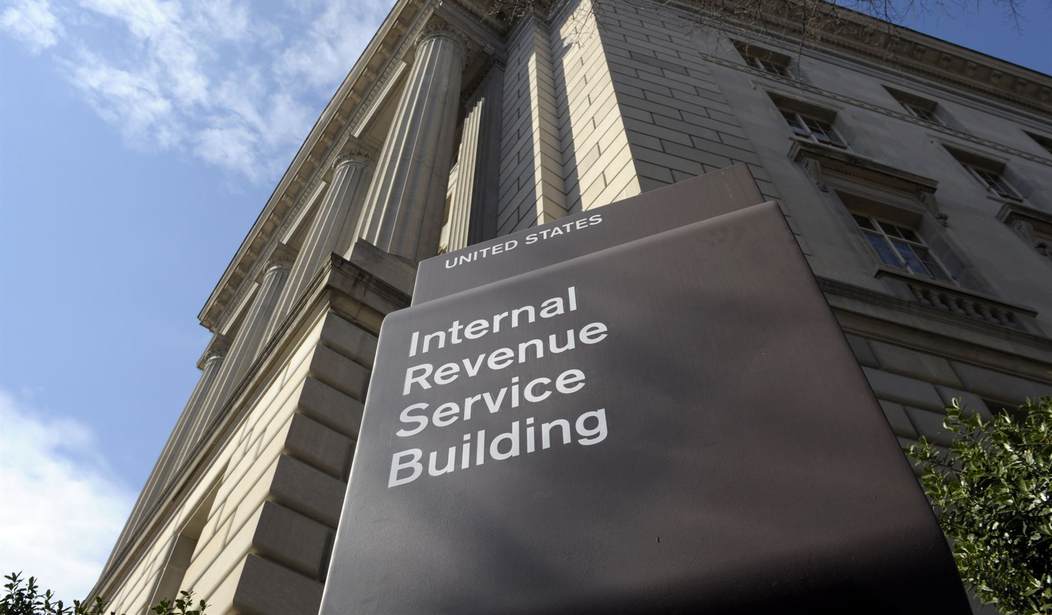The concept of “cancel culture,” or the stirring up of internet mobs against individuals for real or perceived wrongs, is a relatively new one in the public discourse. Twitter activists may claim to have pioneered the practice of using the internet in this manner, but state revenue departments have been trying to cancel Americans behind on their taxes with public “shame lists” since the birth of the internet.
In nineteen states, failure to fulfill one’s assessed tax liability can cause one to end up on lists of “tax delinquents.” These lists violate all expectations of privacy a taxpayer may believe they have during the tax process — usually including not only the offending taxpayers’ names, but also their home addresses and amounts owed.
The purpose of these lists is, quite transparently, an attempt to invite social pressure and public shaming in order to get Americans to pay up. One of the first states to experiment with these lists, Louisiana, called its publication of tax delinquents its “Cybershame” program (the state has since stopped publishing these lists). News releases accompanying the publication of tax delinquents lists often include the amount recovered from taxpayers on these lists — as if only violating taxpayers’ privacy, not the myriad of other tax enforcement tools states have at hand, could have been the decisive factor.
And indeed, states that publish these lists simultaneously argue that they are both harmless and effective. This can’t be the case. If the consequences of ending up on these lists are severe enough to get tax delinquents to pay up, then they represent a reckless violation of taxpayer privacy just to recover some tax revenue. On the other hand, if the consequences are minor, then it’s unlikely that they are a more effective incentive to pay taxes than traditional enforcement mechanisms such as wage garnishment and property liens. Regardless, tax delinquents lists represent a wrongheaded publication of otherwise private — or, at the very least, difficult to access — information.
After all, having one’s private information published on a government website can have consequences beyond dirty looks from neighbors at the block party. The Internal Revenue Service (IRS) already dedicates significant effort to foiling scammers impersonating IRS agents. Giving potential scammers access to a taxpayer’s name, address, and amount owed can make it very easy to subject taxpayers ending up on a tax delinquents list to scammers convincingly impersonating state revenue officials.
It might be tempting to dismiss these lists as poetic justice for fat cat tax scofflaws. But of the eighteen states that publish tax delinquents lists, just six have a lowest amount listed over $21,000. In four states — Colorado, Pennsylvania, Wisconsin, and Wyoming — a tax debt under $15 is sufficient to end up on such a list!
And even in cases where taxpayers owe more than just spare change, violating those taxpayers’ privacy is rarely the proper course of action. Particularly during an economic crisis such as Americans are facing now, falling behind on tax obligations can happen to just about anyone.
It’s also possible for taxpayers on a tax delinquents list to be unaware until it’s already public. After all, the process of ending up on a tax delinquents list varies by state. Nebraska sends multiple notices that a taxpayer is in danger of ending up on a tax delinquents list, files a tax lien, and ensures that all the taxpayer’s appeal rights are exhausted before the taxpayer can find themselves on one such list. California taxpayers, on the other hand, can expect to receive just a single letter 30 days beforehand. Tough luck if you happen to miss that piece of mail.
Legislators could fairly easily curtail this questionable practice. Indeed, since just last year, Illinois and Maryland have stopped updating or removed their lists from their websites.
Taxpayers should, reasonably, be able to expect that information they provide to tax authorities will remain private as part of the taxpaying process. Even when a taxpayer fails to remit their full tax liability, this obligation on the part of the government to maintain a taxpayer’s expectation of confidentiality remains. States have many tools to get taxpayers to pay up — publishing private information need not be one of them.
Andrew Wilford is a policy analyst with the National Taxpayers Union Foundation, a nonprofit dedicated to tax policy research and education at all levels of government.q

























Join the conversation as a VIP Member